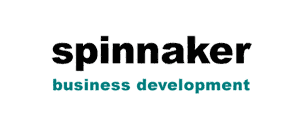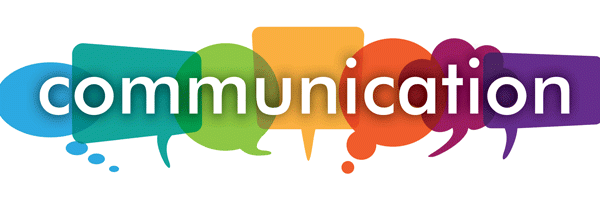We can all think of instances in our lives when we have felt either confident or under-confident
Effective Communication should be easy shouldn't it? All it takes is for us to ensure that the message we want to transmit and the message received are the same?
Not difficult - so why is communication such a challenge? Where do we go wrong?
Last week I delivered four identical 1½ hour communication segment for a leading Yorkshire-based technology company. The business had recognised that the effectiveness of its internal communication was causing some pain. Development issues weren't being picked up on time or sometimes at all. The various functions of the business - Code, Design, Art, QA - weren't communicating effectively enough with the net result that projects were running late and causing havoc with OTIF, their principal KPI.
At a point during one of the sessions we had a significant ‘Eureka’ moment when someone remarked that actually, effective communication comes down to just 3 things;
Courage
Clarity
Delivery
Courage: Well first of all it takes courage. The courage to go first. The courage to put your hand up and say, "I don't understand ", or, “I’m not sure what's going on here”, or some other comment that in reality has the potential for making us look a bit daft in front of our peers and managers. Sometimes it takes great courage to be first to start a conversation or to walk into someone’s office or round to someone’s desk, metaphorically tap them on the shoulder and begin a conversation. For all the challenges we have in our lives - both inside and outside of work - courage is that quality that comes before all others. It is essential for effective communication because it means something actually gets said to start with.
Clarity: As is the case with so many challenges, once we get started things are never as hard or as bad as we might have expected so, the next challenge is to ensure clarity in the way we communicate, so how do we do that achieve that? In the context of communication, clarity is achieved when the totality of the message transmitted matches with the totality of the message received - and vice versa - there is no one person responsible for effective communication, it falls to all of us to ensure that what we transmit is understood by others and what we receive was that which was intended by the transmitter. Promoting and ensuring clarity relies on us promoting good questioning to check for understanding. This means deploying Kipling's ‘six serving men’ - What? Why? When? How? Where? & Who? and in particular that question that above all others, uncovers critical information regarding motivation - Why? An ability to develop effective questioning will ensure that the accuracy and clarity of a message is maintained in any communication piece.
Delivery: Essentially, choosing the appropriate channel for communication - written, phone or face-to-face. I referenced the work of Albert Mehrabian and the opportunities that exist for mis-communication if we choose not to pursue it face to face. The key point for my customer was that too many of their people were either not communicating at all, were sending emails or using Skype but rarely getting up and going to speak to a colleague face-to-face.
If we learn anything from this it is that face-to-face communication is always infinitely superior to any other and wherever it can be deployed it should, to ensure that communication is as effective as it possibly can be.
image credit - Adobe CC
- Log in to post comments




